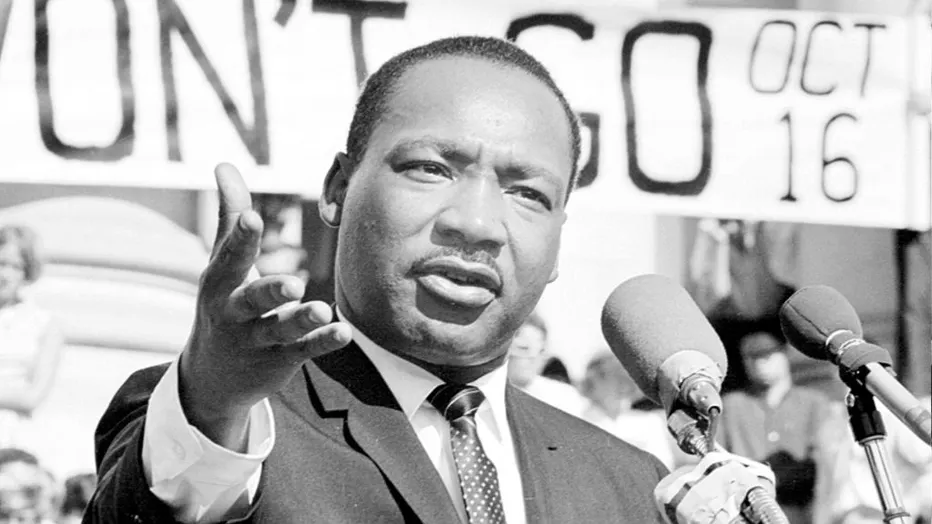The administration of U.S. President Donald Trump has made public a vast trove of FBI surveillance records on Dr. Martin Luther King Jr., the iconic civil rights leader assassinated in 1968. The release, totaling around 240,000 pages, has sparked controversy, especially among members of the King family, who had previously expressed strong opposition to making the files public.
Martin Luther King III and Bernice King, Dr. King’s surviving children, called the release a deeply personal matter, urging the public to approach the documents with “empathy, restraint, and respect.” They emphasized that the files should be interpreted within their full historical context, given the emotional toll their father’s legacy continues to carry over 57 years after his assassination.
“This is not just public history, it is personal grief,” the family said in a statement, reflecting on the loss endured by their mother, Coretta Scott King, and the granddaughter Dr. King never met. The family confirmed they were granted early access to the records for review.
The King Center, founded by Coretta Scott King and currently led by Bernice King, labeled the release “unfortunate and ill-timed,” especially given the pressing social justice issues currently facing the U.S. and the world. The Center stressed that renewed attention to King’s death should galvanize collective action against injustice, not serve as a political distraction.
Bernice King, in a pointed Instagram post, shared a photo of her father with the caption: “Now, do the Epstein files,” referencing calls for transparency around the late billionaire and convicted sex offender Jeffrey Epstein.
Prominent civil rights activist Rev. Al Sharpton also weighed in, calling the timing of the release a “desperate attempt to divert attention” from the Epstein case and its potential links to Trump.
As debate over the document release grows, so does concern over its intent, raising broader questions about truth, legacy, and accountability in American democracy.

